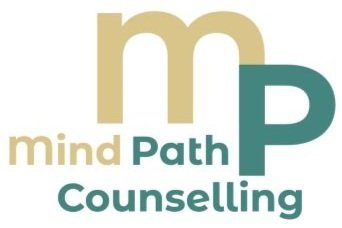
Therapeutic Approaches
Dilanthi uses a combination of therapeutic approaches when working with her clients to ensure the counselling process is designed to meet individual needs. She considers it a privilege to work with clients to assist them to live more productive lives.
Cognitive Behavioural Therapy (CBT) teaches us that our thoughts, feelings and behaviours are connected. The problem is, we often believe these negative thoughts are true. Breaking this loop and learning to replace our negative thoughts with rational alternatives can change destructive behaviour patterns.
Acceptance and Commitment Therapy (ACT) is based on learning to manage and accept difficult emotions and circumstances which we may not like but cannot change. ACT promotes new ways of thinking and responding to situations in a more meaningful way.
Dialectical Behaviour Therapy (DBT) is an approach which teaches practical skills to help manage difficult emotions and self-destructive behaviour. DBT acknowledges we can have conflicting thoughts and desires which may both be true and provides skills and tools that help individuals learn constructive ways of managing emotions.
Schema Therapy focuses on innate core self-beliefs (schemas). Schemas are developed in response to unmet emotional needs formed in early life but are no longer helpful. Understanding how our schemas impact our thoughts and behaviours can help us to manage and change our response.
Narrative Therapy is designed as an interactive conversation between a client and counsellor, in which the counsellor is curious to understand the stories attached to an individuals’ life and who influenced the writing of these stories and what aspects are considered challenging. Narrative therapy is respectful and non-judgmental, placing individuals seeking therapy as the experts in their lives. This collaborative process aims to re-author life narratives to provide insight and hope to individuals.
